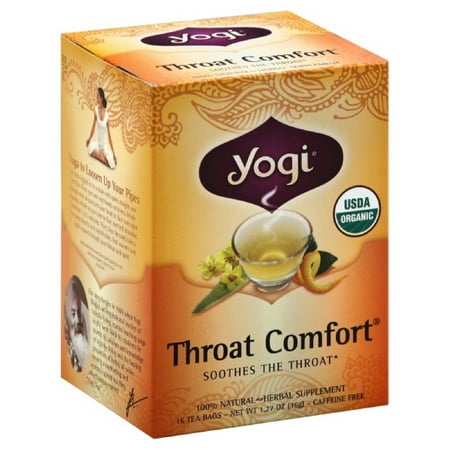Definition of an Herb
Herbs refer to leafy green or flowering parts of a plant (both fresh or dried), while spices are usually dried and produced from other parts of the plant, which include seeds, berries, bark, roots and fruits. … In botany, the word “herb” is also used as a synonym for “herbaceous plant”.
Basically every plant that has some use, be it culinary or medicinal is considered an herb. They can be aromatic, but is not always the case. These terms automatically cover about every plant there is: weeds and trees in your yard, culinary herbs, your flower bed…..and more, many of which have beneficial properties that have been used for literally thousands of years to nourish and heal the body. There are, obviously, poisonous plants to steer away from–but even many of these in extremely weak dilutions (usually homeopathic) can be utilized (and should only be utilized) by highly trained and extensively skilled practitioners for certain conditions.
The scope of herbs is so wide that you can literally study for your entire lifetime and continually learn more. Several cultures and herbalists have their own unique approach and relationship with these plants. There are many ways to use them: in your food (such as with culinary herbs and wild foods), in powdered form, in capsules, tea, decoction, tincture, homeopathy, flower essences, essential oils, lotions, salves, vinegar and oil infusions….etc.



Recent Comments